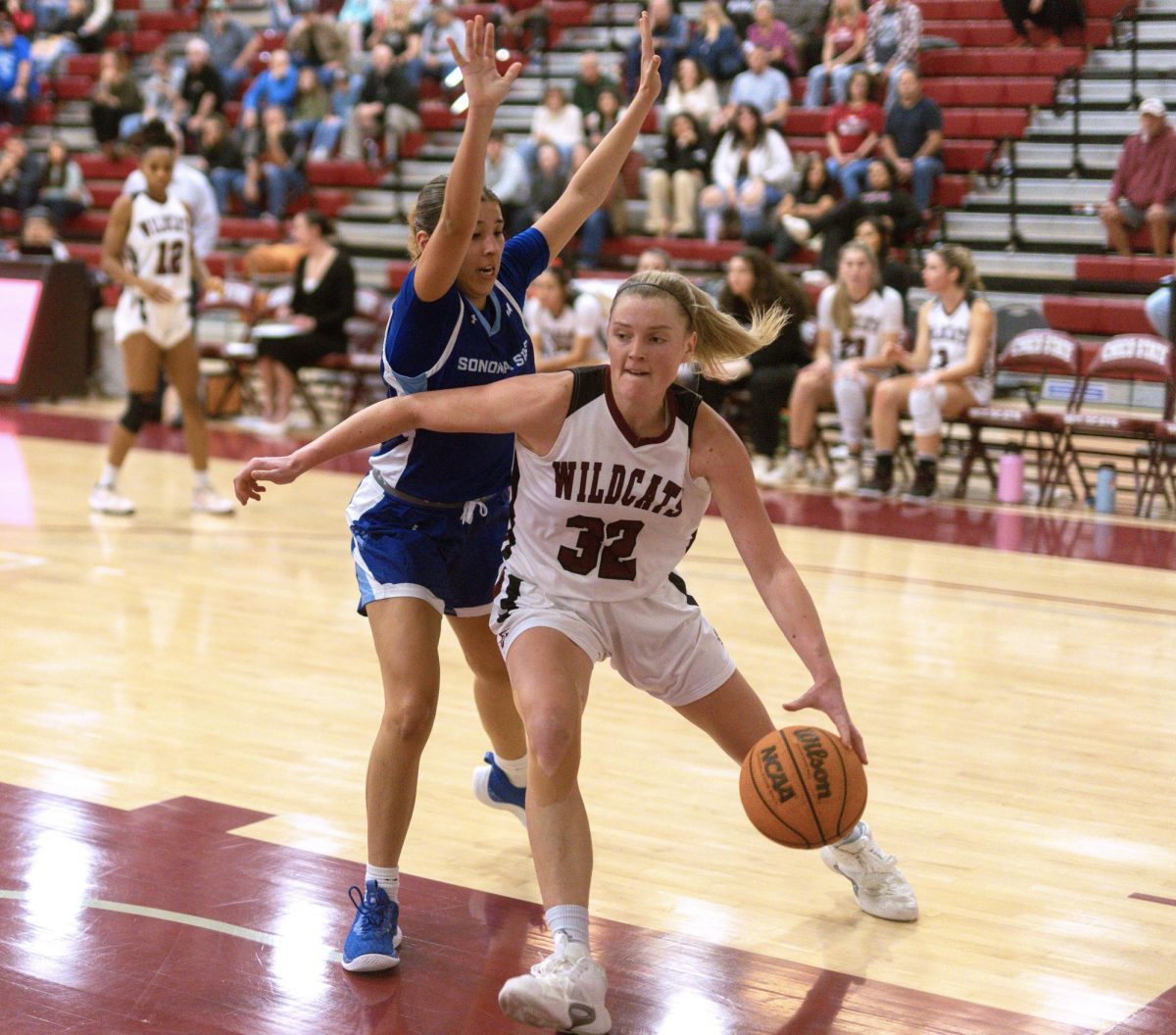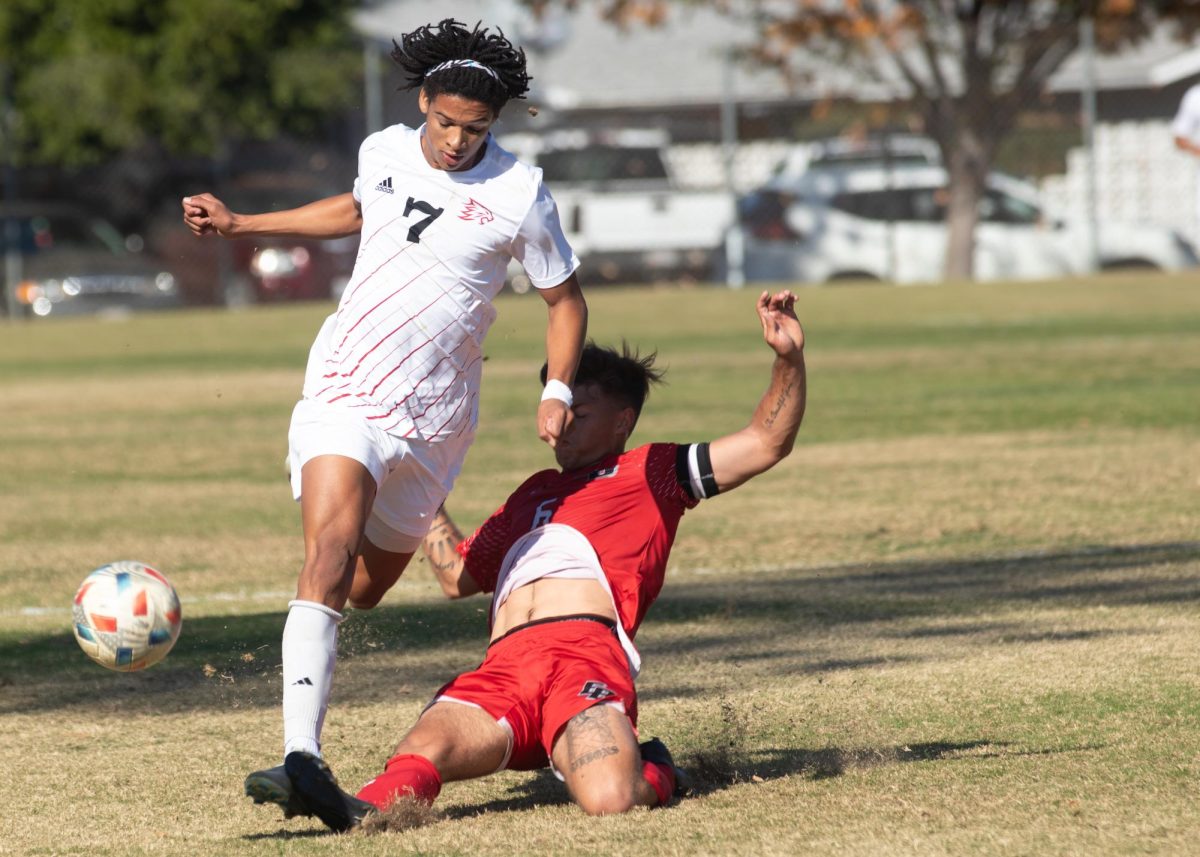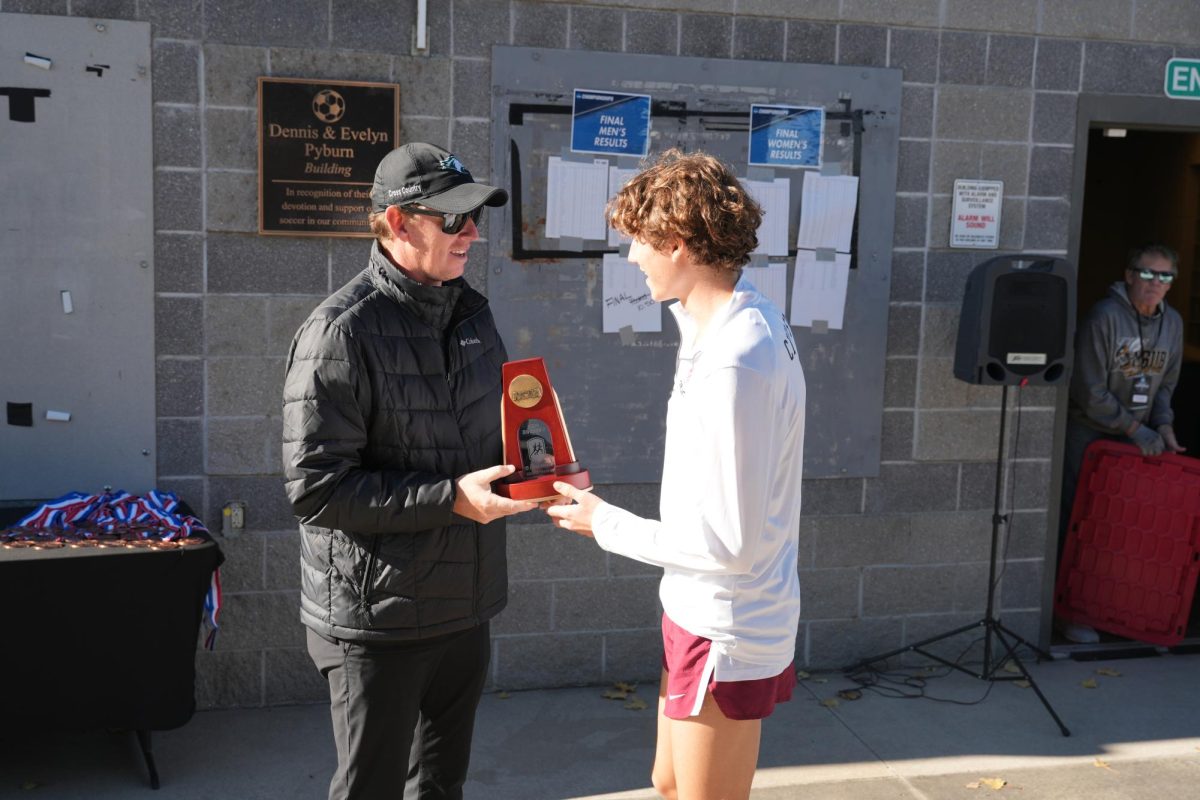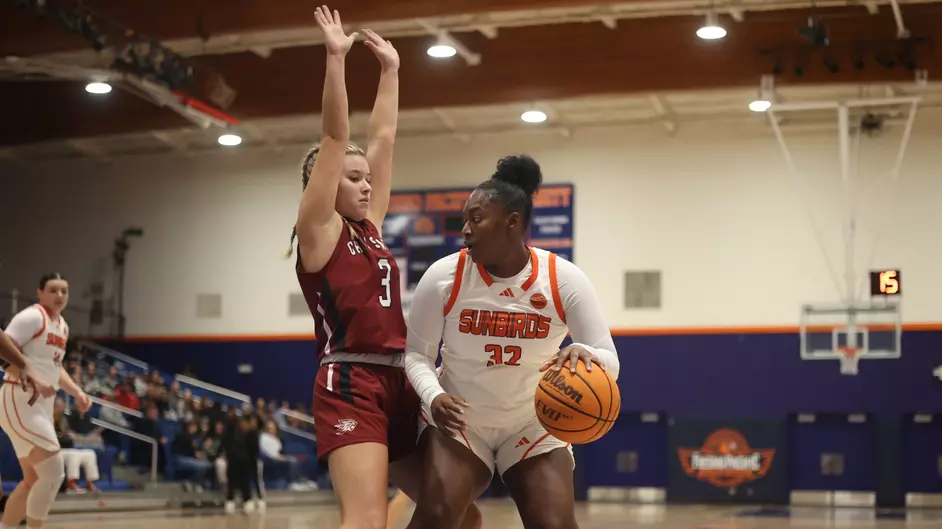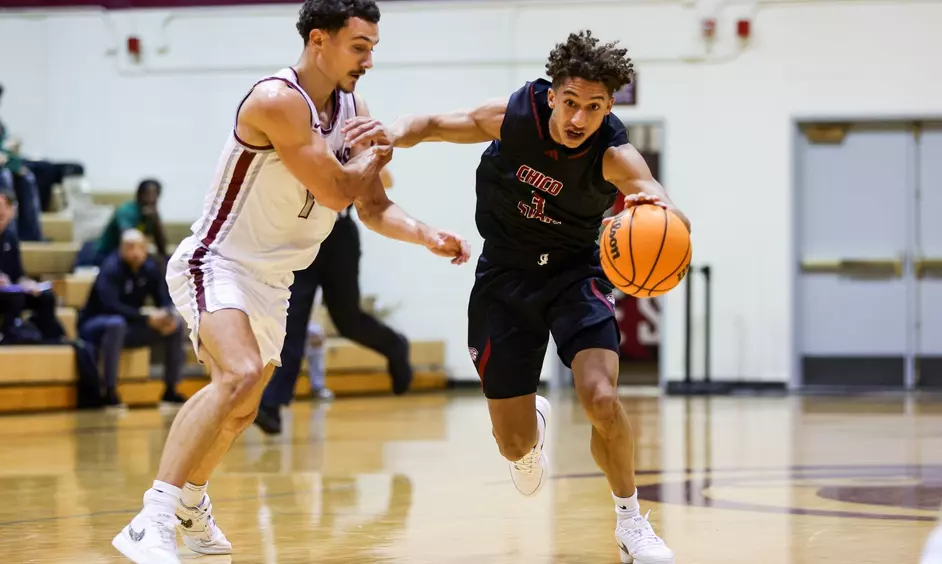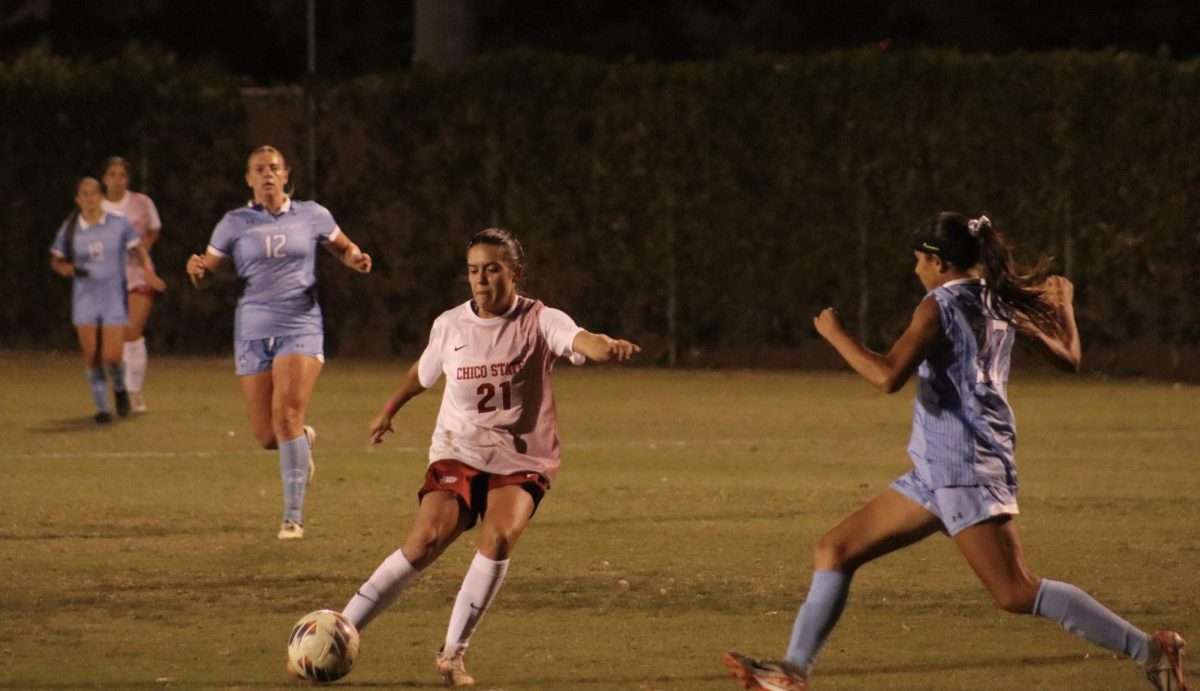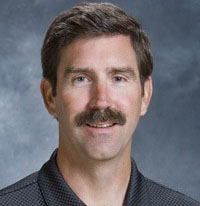
Athletic trainers may be mistaken for Bobby
Boucher-type water boys during games, but Chico State graduate students do way more than provide H2O.
Scott Barker, head athletic trainer at Chico State with 23 years of experience, got his undergraduate and master’s degree at the University of Arizona. Barker teaches in the graduate program for aspiring athletic trainers.
The purpose of the program is to prepare students for a career in the athletic training profession, including at high school, collegiate, professional and sports medicine clinics, according to the Chico State athletic training website.
Requirements for the graduate program include an undergraduate degree in kinesiology with an emphasis and certification in athletic training.
Surprisingly, Chico State doesn’t have an undergraduate program.
Athletic trainers have to diagnose injuries and work on treatment, prevention and rehab. They also manage teams and cover practices and games.
“My students are the pride of the program, and I feel have the best job in the world,” Barker said.
Athletic trainers are assigned particular sports at Chico State, but the six trainers work as a committee to gain experience in different sports and get the job done.
Isaac Perry and Gloria Juarez are both in their second years of the graduate program and said they love being assistant athletic trainers.
“I came to Chico State for my master’s degree because Scott is well-known and a great teacher and I get to learn hands-on,” said Perry, a former Fresno State student.
Juarez, a former Azusa Pacific University student, said Chico State is a big difference in terms of the city, but the program is worth it.
“We all help each other and don’t have assigned players who we attend to, so we gain experience in different areas,” Juarez said.
Chico State athletic trainers also go on the road with teams, providing a certified trainer for the athletes’ aid.
“For some colleges, they cannot say that about their trainers because very few teams have traveling athletic trainers,” Barker said.
The trainers serve as an important part of the team, almost on the same level as the coaching staff.
“We are a part of the team and feel as another member of the coaching staff,” Perry said.
Knowing the athletes is a key component of being an athletic trainer. There are always highs and lows in athletic careers and it’s the job of the athletic trainer to help bring the players back to full potential.
“The journey of the athlete is the most rewarding part of my job,” Juarez said. “You see them down and sad when they are injured, and just watching them come back on the court or field is such a great feeling.”
Passion is key to being an athletic trainer and aspiring trainers shouldn’t worry about status or pay, Perry said.
When it comes to being a trainer, both Perry and Jaurez agree that passion for the profession must outweigh the desire for a large paycheck.
“If you’re in it for the money, then you’re in it for the wrong reason,” Juarez said. “You have to love it to be in it.”
Ben Marquez can be reached at [email protected] or @bmarq2424 on Twitter.




